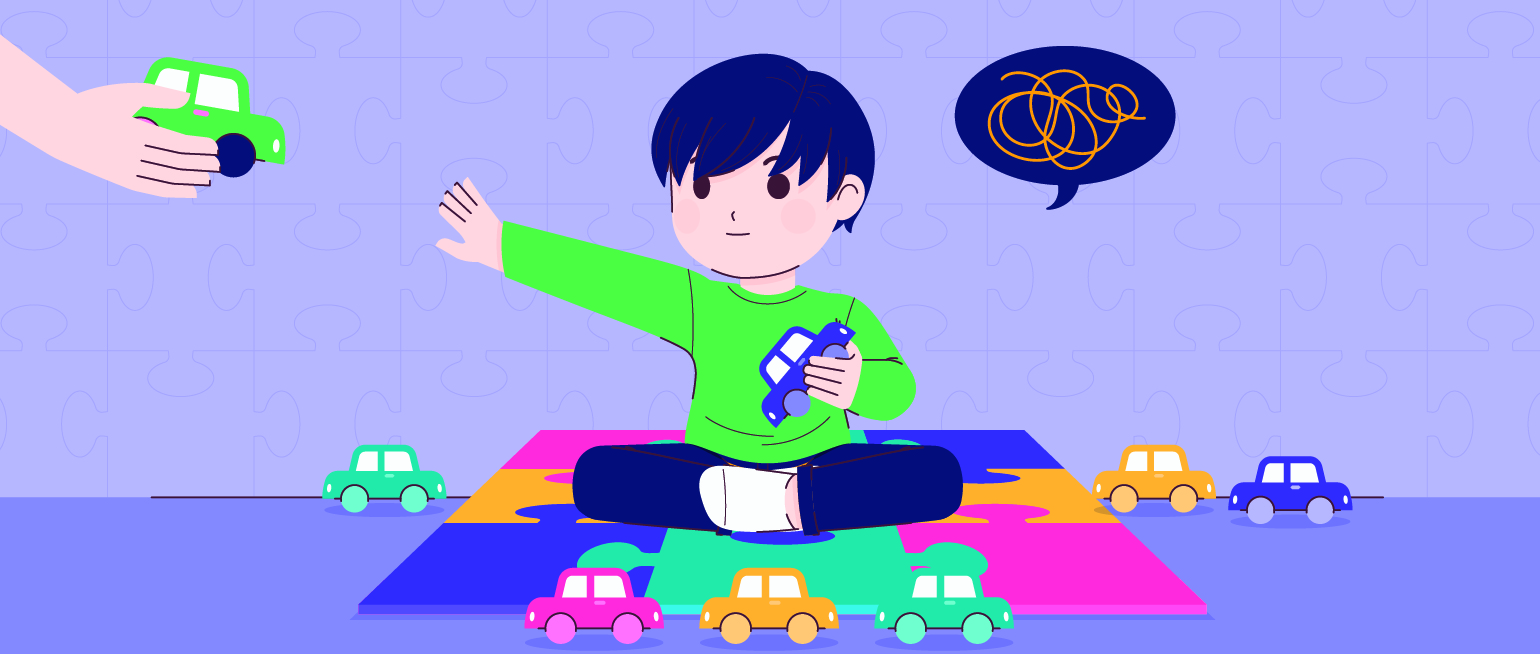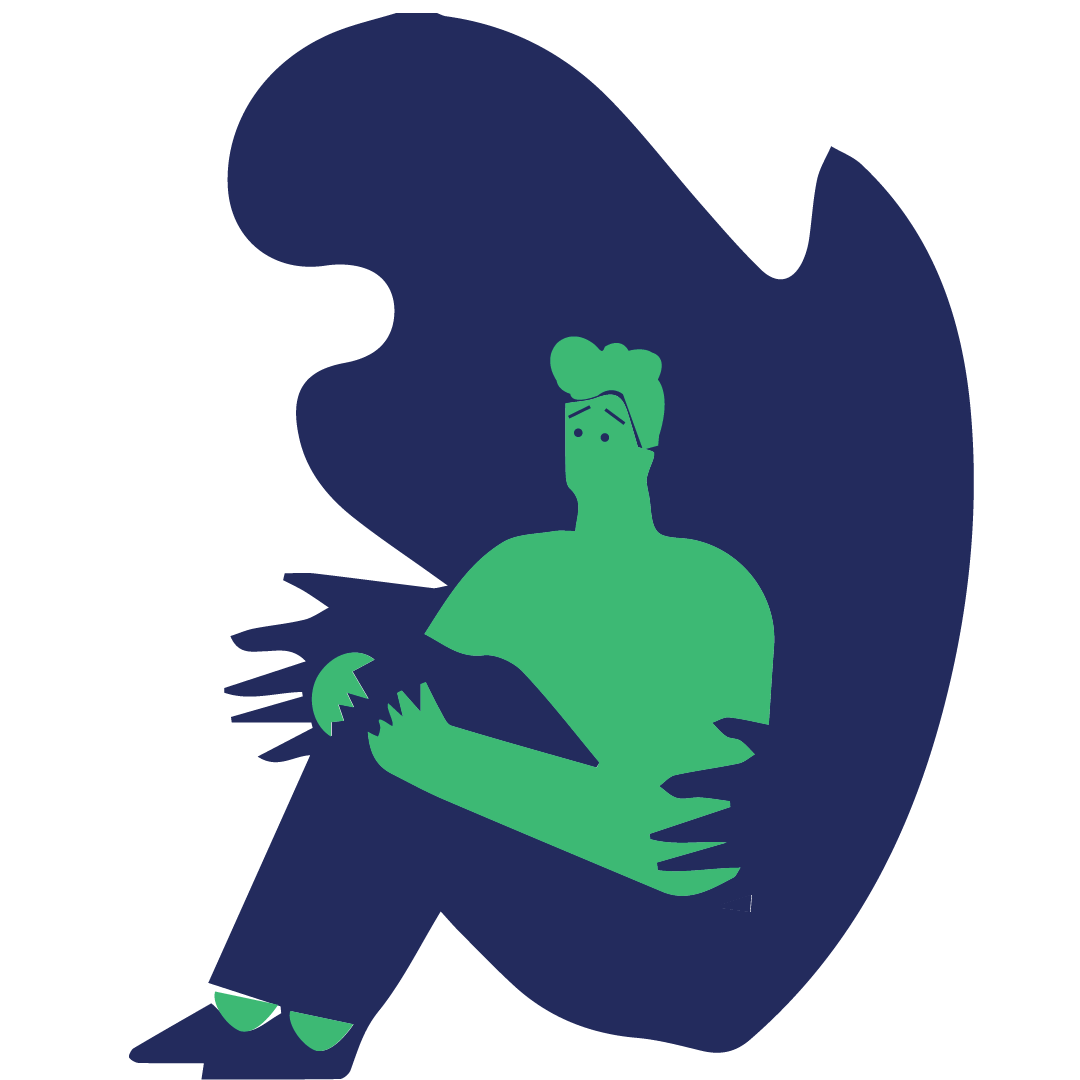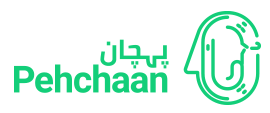Autism Assessments

Autism Assessments
The Autism Diagnostic Observation Schedule, 2nd Edition (ADOS-2) is a highly regarded diagnostic tool used to identify autism spectrum disorder (ASD) in individuals across all age groups. Recognized as the “Gold Standard” in autism diagnosis, the ADOS-2 helps individuals access the tailored support and services they need.
At Pehchaan Clinic in Islamabad, we use the ADOS-2 to assess individuals based on their unique language abilities, selecting the appropriate module from the assessment’s structured format. The process involves a detailed developmental history, standardized tests, and engaging activity-based interventions. Our trained therapists work closely with families, caregivers, and educators to provide guidance and support, ensuring that strategies from the ADOS-2 sessions are effectively implemented in daily life.
Our ADOS-2 assessment process includes
- A semi-structured, standardized approach, incorporating play-based activities to gather essential information on communication, social interactions, and behaviors associated with ASD.
- Flexibility to assess and diagnose ASD across different ages, developmental stages, and language levels, ensuring an accurate understanding of each individual’s needs.
- A reliable and valid standardized framework, offering consistent results that families and healthcare professionals can trust.
At Pehchaan Clinic, our team of certified ADOS-2 assessors is dedicated to helping individuals overcome neurodevelopmental challenges and empowering them to thrive. We offer a comprehensive range of services, including assessment, diagnosis, management, and ongoing support for children with ASD. Families can rely on us for clear information and guidance throughout the ADOS-2 assessment process and beyond, as we aim to enhance communication skills and overall development.
To learn more about the ADOS-2 assessment or to schedule an appointment, please contact Pehchaan Clinic. We are here to support your child’s journey toward growth and development.

